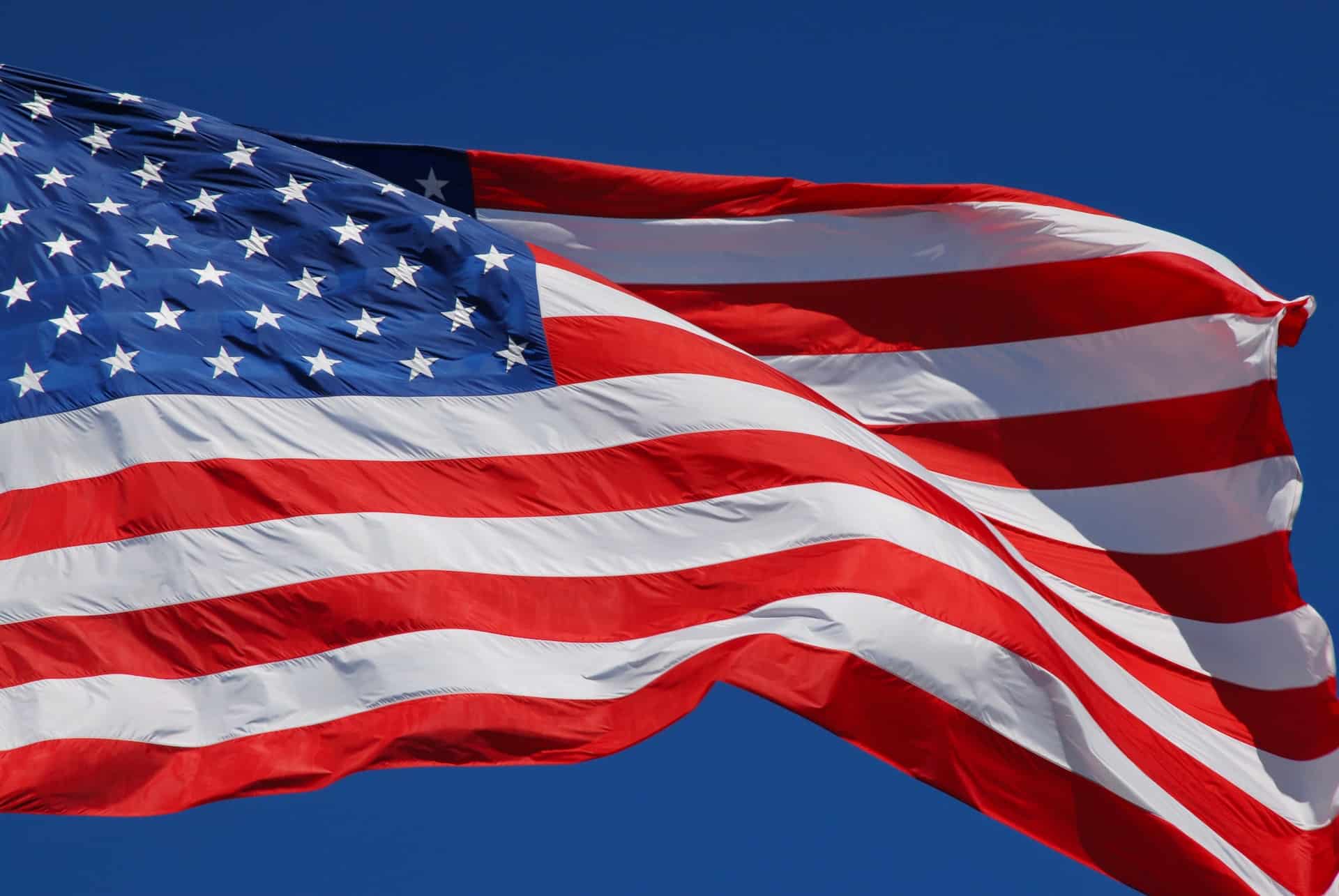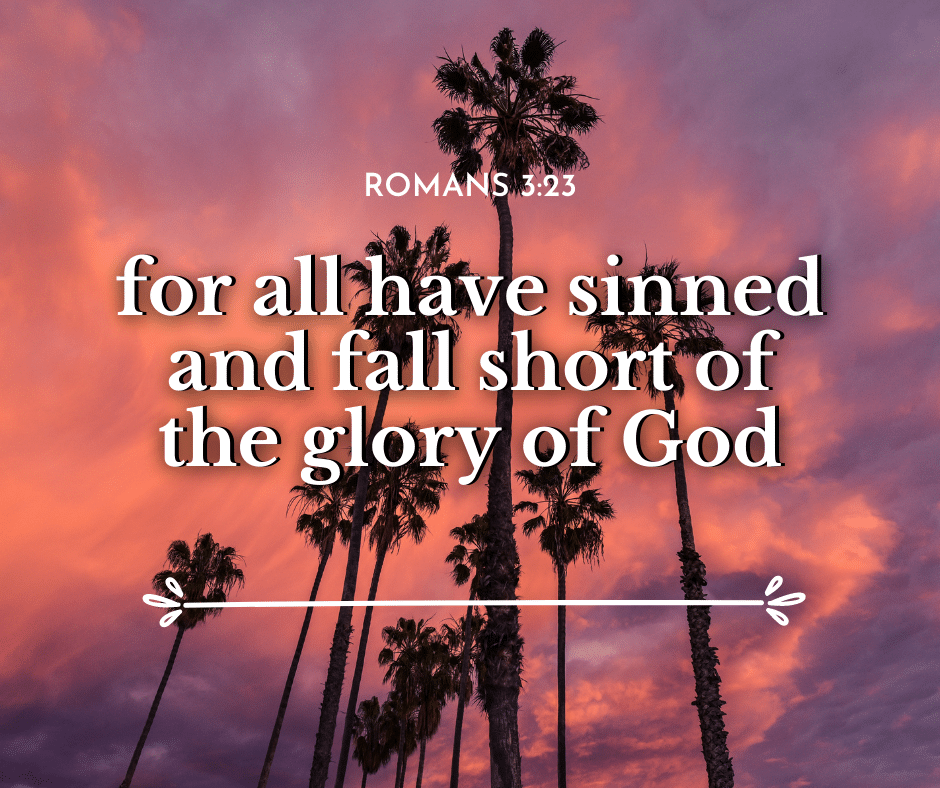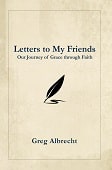Q & R: God’s Mighty Sovereignty & Protection – Brad Jersak

QUESTION:
I am enjoying reading A More Christlike God, but the chapter(s) on the God of will versus God of love have brought on some anxiety too. When we jettison the wrathful and angry images of a Calvinist God, do we also abandon his mighty sovereignty–his ability to watch over us and protect us?
RESPONSE:
What an important question! And such a mystery!
For those who’ve not yet read A More Christlike God, our reader’s question needs a little background. In the book, I lay out two ancient, ongoing and competing visions of God:
- The God of pure will: That image of God causes all things and governs every event, including evil. The God of pure will does whatever he wills and that makes it good. If he wills to do evil or command others to do evil, it is therefore not evil … why? Because he willed it. Literally, everything that happens only happens because God has foreordained it. And if we don’t like it, who are we to judge? God is God. Bow to his sovereignty or burn in hell. And if you defy him, he ordained that too, and you will face the consequences–to the praise of his glory. This is straight out of Calvin and Zwingli, but it also predates Christianity among the pagans. As Calvin said in his commentaries on 1 John, this God is not love in his nature–he is only Love in the experience of the elect (those whom he chooses). And he is Hate to those he has predestined to damn. This God, said John Wesley, is worse than the devil. “I turn from this God with loathing,” said George MacDonald.
- The God of pure love: The God proclaimed by Christ and the early Church is the God who is Love by nature (see 1 John 3-4). The love of our Abba is forever higher, wider, deeper and longer than we can grasp (Eph. 3). Paul prays that we’ll be empowered by the Spirit to at least glimpse the truth–that his powerful love extends beyond what we could ever ask or imagine. That love is revealed in Christ as cruciform (cross-shaped and kenotic)–it is self-giving, radically forgiving and it never fails. This pure diamond of co-eternal Triune love has many facets–just love, righteous love, merciful love, holy love and yes, sovereign love. Every attribute of God is a facet of that nature–his immutable character as a “fixed other lover” (a phrase I learned from my friend Paul Anderson-Walsh).
These two images of God cannot be held in tension or balanced out. They are, by definition and on purpose, incompatible. Now the reader is asking: if we jettison the first image and embrace the second, what are the implications for God’s sovereignty and especially his ability to watch over and protect us. He’ll need to keep reading the book, but here’s a sadly simplistic short response (I can’t say ‘answer’):
- Sovereign Love: As above, sovereignty or might are facets of the diamond of God’s love. There is no sovereignty or might in God independent of his love. He IS sovereign love and he Is mighty love. Even a jealous and unyielding Love! But always only and ever love. Check out Song of Songs 8–talk about mighty love!
“Set me as a seal on your heart, as a seal on your arm. For strong as death is love, fierce as sheol is jealousy. Its sparks are fiery sparks, a fearsome flame. Many waters cannot put out love nor rivers sweep it away.”
- Limits of Authentic Love: It could go without saying, but saying it now is necessary: love–even infinite Love–is limited by the nature of love. That is, by nature, Love does not and cannot be or do that which is not love. For example, Love by nature cannot gas 6 million Jews. Hitler’s pogroms demonstrated “the will to power”–not love. That should be easy. Whatever absurd irrationality or cold rationalism could be contrived to commit genocide, we cannot call it love. And if God is Love by nature (he is), then God cannot will genocide, whether in gas ovens or an everlasting inferno. Okay, so what other limits are inherent in love–what are the parameters of God’s almighty, immutable, sovereign love?
- Limits of Authentic Otherness: Love created all that is and in doing so, created the conditions for life and love. The condition for life is natural law–the atmosphere we breathe, the ground we walk on, the gravity that keeps us here. God has granted these laws to make life possible. The condition for love is human freedom: the capacity–even when dysfunctional and even if heavily influenced by nature and nurture–to be free moral agents who choose love willingly or defy it wilfully. By nature–Love grants authentic otherness to his creation. The world we live in and the people we live with are not just pre-programmed screensavers. We are not automatons in a deterministic hologram.
- The Perils of Authentic Otherness: Life and love are the love gifts of divine Love. They are given out of the overflow of Trinity’s infinite love. While life is beautiful, it can also be dangerous. Gravity is necessary for life. It can also kill you when ignored. So too, while love is beautiful, the freedom required for love can be misused for evil. Life and love are risky, perilous ventures of divine Love. Real life and real love know that natural law or human freedom are not bounded by an imaginary sovereign protection that levitates every falling boulder, dissolves every flying bullet and prevents every vicious rapist. We’re not in such a fantasy. No, life and love come to us precious and perilous realities. Nor did Calvin attempt to solve it by pretending God would protect us. His blasphemy was that God sent the boulder, the bullet and the rapist.
- Co-suffering Love: When the reader expresses anxiety, I understand. To realize that God does not magically suspend natural law or human freedom when it could hurt us is a scary thought. If we think God promises such protection, watch the news tonight. Go to a child’s funeral. Visit Haiti’s slums. Experience divorce. Or drought. Or bankruptcy. Talk to someone living on or working the streets. Almighty sovereign protection? It doesn’t seem to work that way.
- What is the fear? That love has abandoned us? But NO. Love cannot abandon us. Abandonment is not Love. Rather, Love has entered our world, radically identified with us in life and love, undergone the human condition, even the gravity and wickedness and death of the Cross. In every way, Love has co-suffered the human condition, not to protect us from it but to give himself to us in it and forever unite himself to our in love and in peril … to patiently endure it and ultimately overcome it. We are not Deists who believe in an absent, uninvolved Watchmaker. We are Christians for whom the Cross and Resurrection provide the final word when protection or healing don’t come.
- The Mystery of Exceptions: Nevertheless, precisely because of the perils of natural law and human freedom, we do pray for protection, for health, for safe travels, for deliverance from evil and for guardian angels along the journey. If we never experienced protection or healing or deliverance, the above worldview would be relatively simple. But at the first instance of divine help, our neat theological system reveals … slippage. Or Mystery. The Mystery of Love is that the mercies of God sometimes extend to powerful occasions for healing and help. We try to convert these into vending machines that exempt us from peril … and we fail. What are we to make of the fact that these instances are graces rather than guarantees, random rather than mechanical? We’re variously disillusioned, bewildered and astonished! But would you rather have the certitude of Calvin? At what cost? Or would we prefer to live in the faith-land of denial fantasies and unicorns? What we’ve been offered is God-with-us and a Cross.
- This is truly the most difficult aspect: how to explain any “intervention” (defined as suspending natural law or violating human freedom) without making God seem arbitrary or playing the blame game when he doesn’t “intervene.” Simone Weil’s argument is that God never suspends natural law or human freedom. Rather, God’s grace works in concert with willing human mediation and intercession (among other mysteries) through which the “supernatural” may occur. Love doesn’t break the law or negate freedom, but is, in fact, the highest universal law. This Love, which created, sustains and orders all things–permeates the cosmos and touches our lives in ways that at times, we call “miraculous.”
- For my part, I hold by faith to the unwavering, consistent goodness of Love’s nature. And I try to practice acceptance around the arbitrary and often absurd nature of life in this world (yep, I read Kierkegaard and Dostoevsky). I’ve let go of blaming God when things don’t go as I expect. I pray for mercy daily, believing God will ALWAYS be merciful while refusing to determine what his mercy must look like. My intention is to completely surrender myself into the sovereign love of our good and present Abba … then I buckle up my seatbelt before leaving the driveway. If that satisfies the question and settles your heart, I probably didn’t explain it right. But it’s where I’m at. Lord, have mercy.










 Plain Truth Ministries | Box 300 | Pasadena, CA 91129-0300
Plain Truth Ministries | Box 300 | Pasadena, CA 91129-0300

